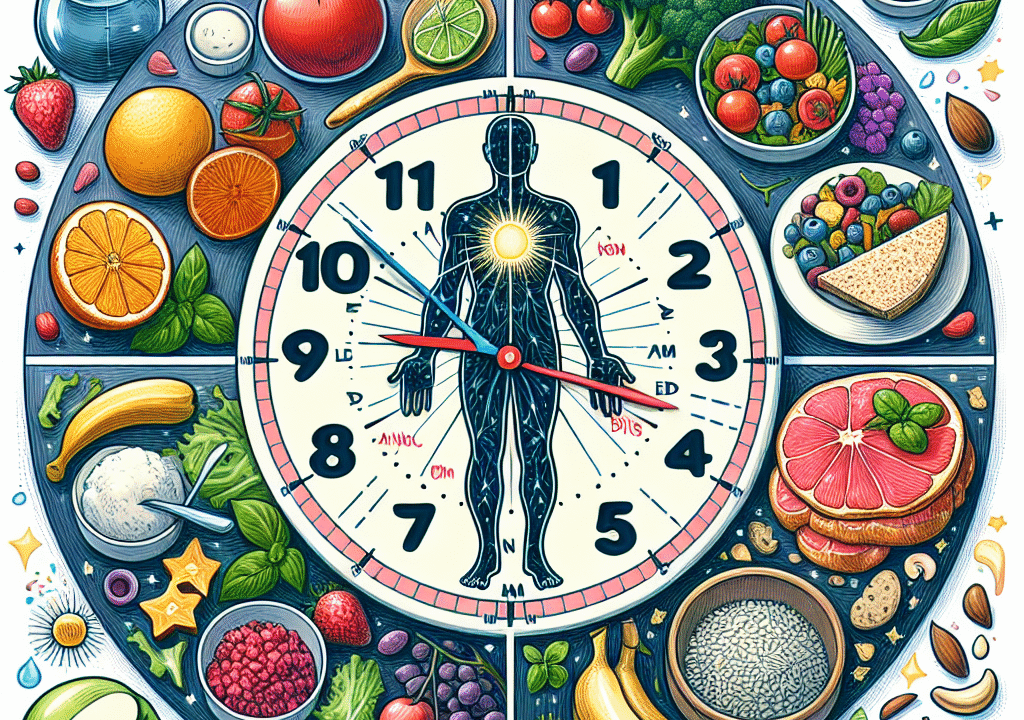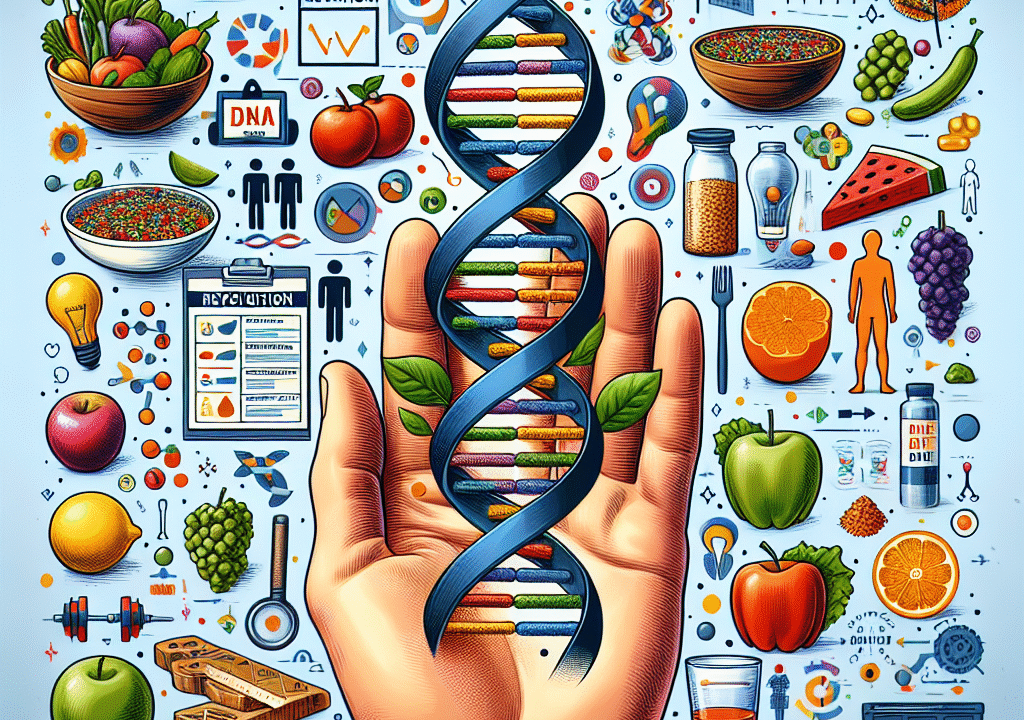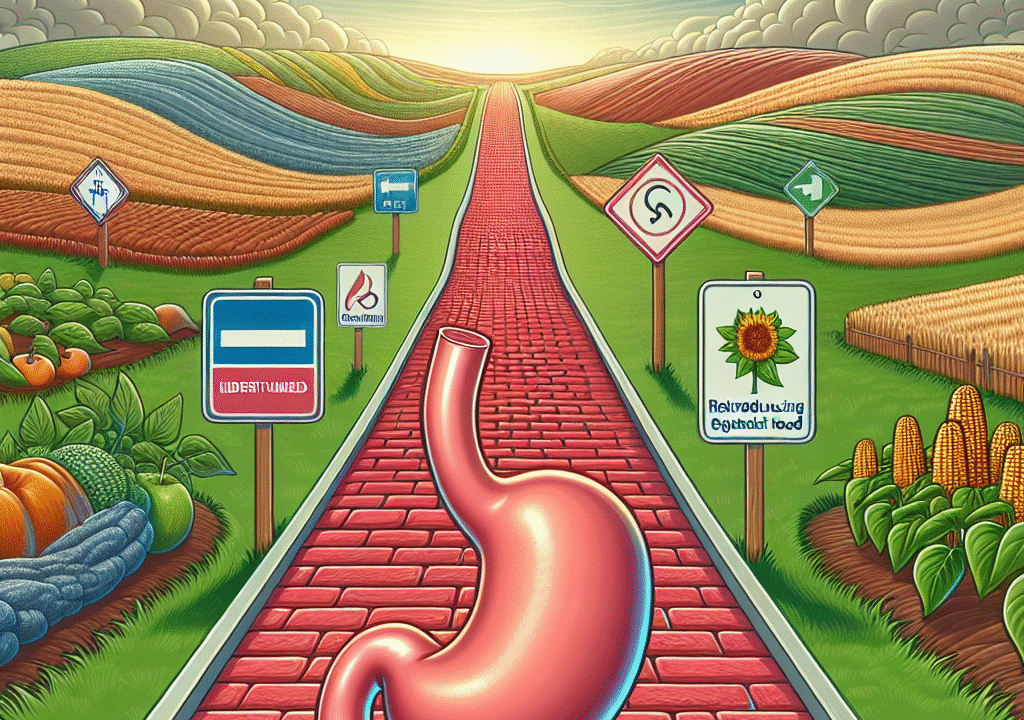
Circadian Eating: Aligning Your Meals with Your Body’s Natural Clock
Unlock your body’s natural rhythm with Circadian Eating! By aligning meals with your internal clock, you can boost energy, improve digestion, and accelerate fat loss—without dieting. Discover how eating with the sun can transform your health effortlessly. Ready to nourish smarter? Your optimal wellness starts with your next meal.











